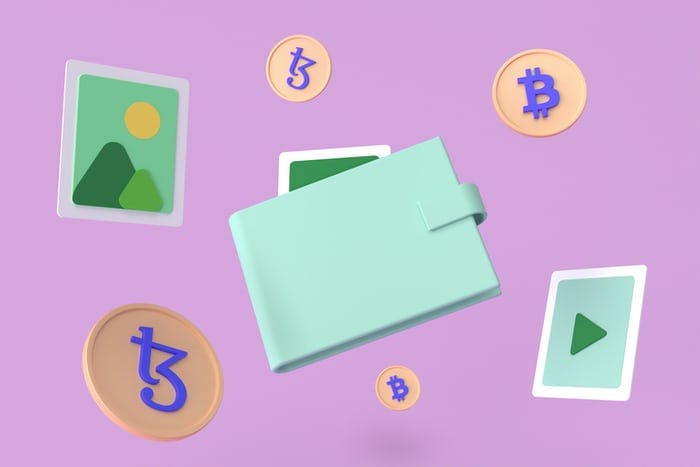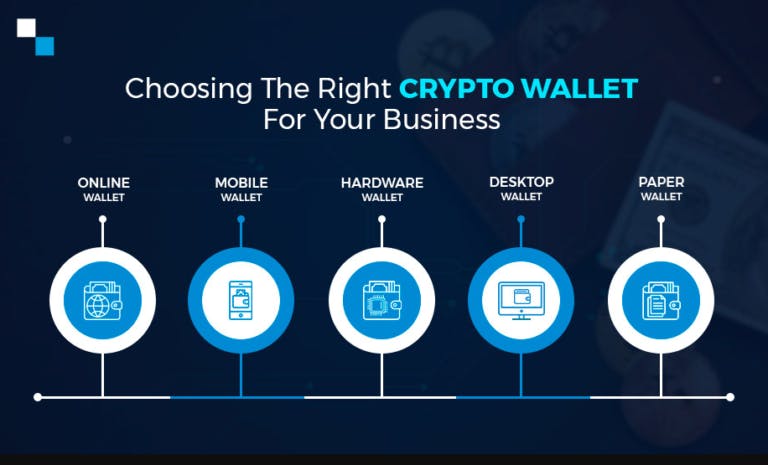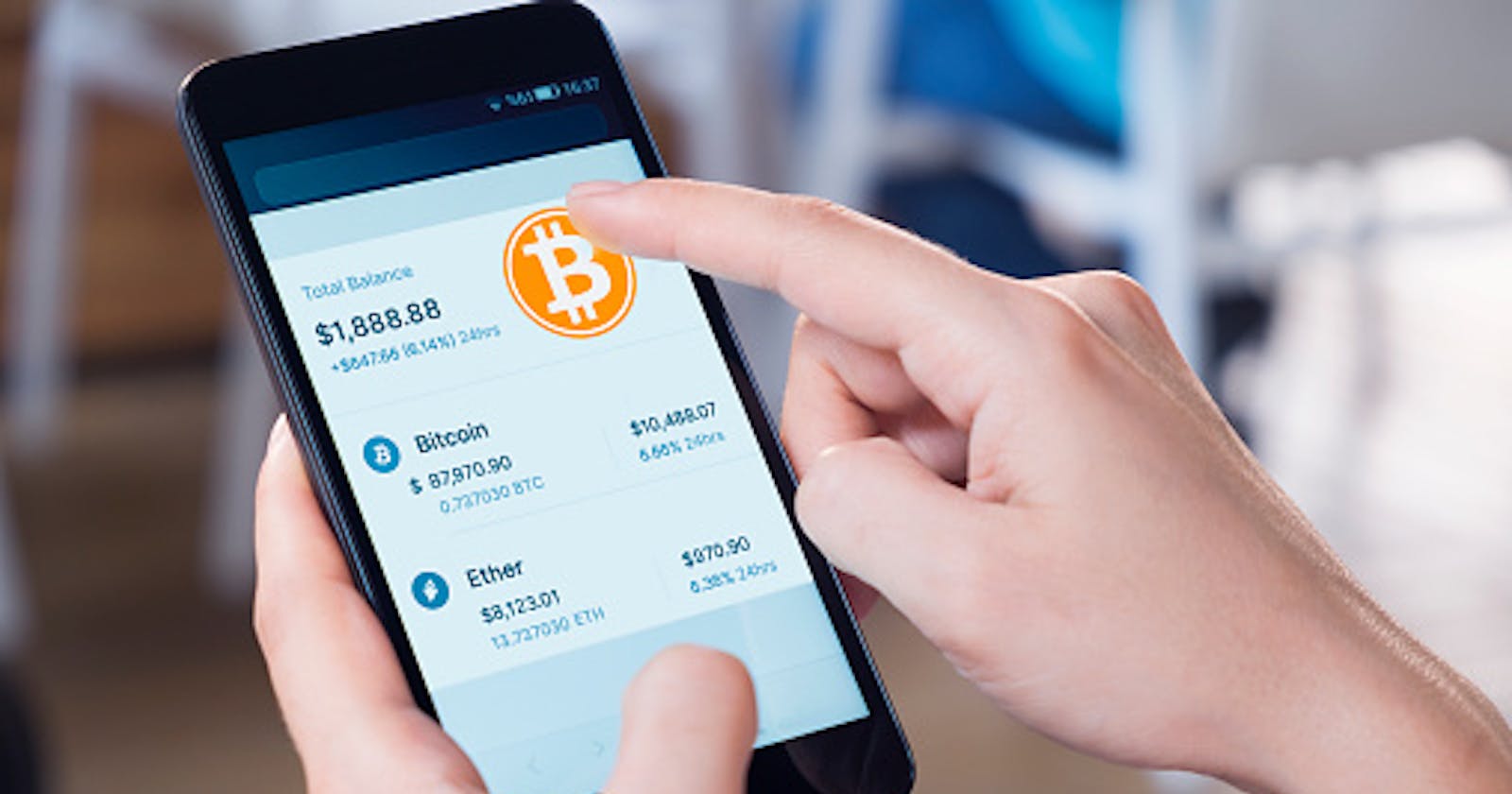What comes to mind when you think of a cryptocurrency wallet?
A cryptocurrency wallet is a device, physical medium, application, or service that keeps track of the public and/or private keys used in cryptocurrency transactions. A cryptocurrency wallet usually includes the ability to encrypt and/or sign information in addition to the fundamental function of storing keys. A cryptocurrency wallet is a software application that allows users to store and retrieve their digital assets.
 A simple bitcoin wallet has two cryptographic keys: public and private. The keys may be used to keep track of who owns what, as well as receive and spend cryptocurrencies. A public key allows others to send money to the address it generates, whereas a private key allows cryptocurrency to be spent from that address.
A simple bitcoin wallet has two cryptographic keys: public and private. The keys may be used to keep track of who owns what, as well as receive and spend cryptocurrencies. A public key allows others to send money to the address it generates, whereas a private key allows cryptocurrency to be spent from that address.
The wallet does not contain the coin. The cryptocurrency is decentrally kept and maintained in a publicly viewable distributed ledger called the blockchain in the case of bitcoin and cryptocurrencies generated from it.

Types of Cryptocurrency wallet
1. Online wallet
An online wallet is a piece of software or a web service that allows users to save and manage their online shopping data, including logins, passwords, shipping addresses, and credit card information. It also allows customers to buy things from internet stores. Through a unified mobile online payment platform, these methods can be directly connected or merged with operator and credit card payments.
2. Mobile wallet
Mobile wallets work in a similar fashion to desktop wallets. The key distinction is that the wallet is a smartphone application. A mobile wallet gives you more freedom in terms of where you can exchange money. They also frequently include QR codes, making it easier to acquire and sell cryptocurrency. Mobile wallets provide more freedom, but they also require additional security measures. To keep your cryptocurrency safe, mobile wallets must be virus-free. Furthermore, you must exercise greater vigilance in order to avoid losing your phone.
3. Hardware wallet
Your keys are stored on a physical device rather than in software with a hardware wallet. The majority of hardware wallets work in the same way that a flash drive does. A USB drive can be used to connect them to a computer or other device. One of the most significant advantages of a hardware wallet is this. It is not connected to the internet, which eliminates a significant security risk. You establish a seed phrase using a hardware wallet to let you access your crypto if you lose your device. Your private key will never leave your device when creating transactions. The gadget requests transaction information and then checks the information. Your private key will not leave the device in this manner. Multiple applications and blockchains are supported by devices like the ledger hardware wallet. This allows you to deal with several types of crypto on a single device. Hardware wallets are more secure than software wallets, although they are more expensive. They're especially recommended for those with a large amount of cryptocurrency or who plan to keep their funds for a long time.
4. Desktop wallet
A desktop wallet necessitates the installation of an application on your computer. You'll create a data file with the application that will store your keys. To get access to the keys, you'll need to create a password. One of the advantages of using a desktop wallet is that you have control over your key. Because you are in possession of your key, you must guarantee that your computer is free of viruses and malware. It's also critical not to forget your password. If you choose a desktop wallet, make a copy of the data file and save it somewhere else. You'll be able to access your funds even if you're away from your computer or if it crashes.
5. Paper wallet
Because it is physically a sheet of paper, a paper wallet is another sort of cold wallet. The document has all of the information you'll need to get your cryptocurrency. While cold wallets are generally more secure, the nature of a paper wallet exposes it to risk. If you lose your paper wallet, you'll also lose your money. Another drawback of a paper wallet is the inability to send partial amounts of money. There are workarounds available, but they can be inconvenient.
